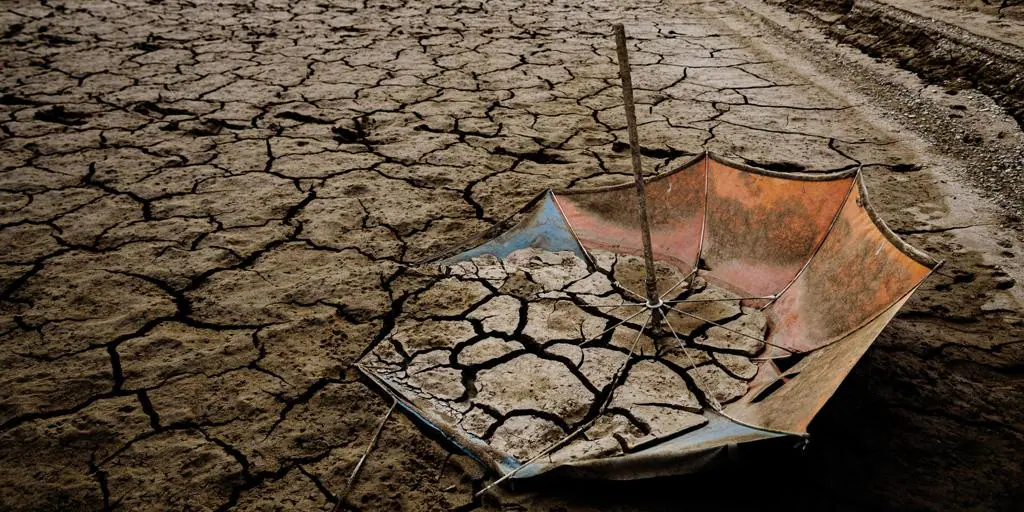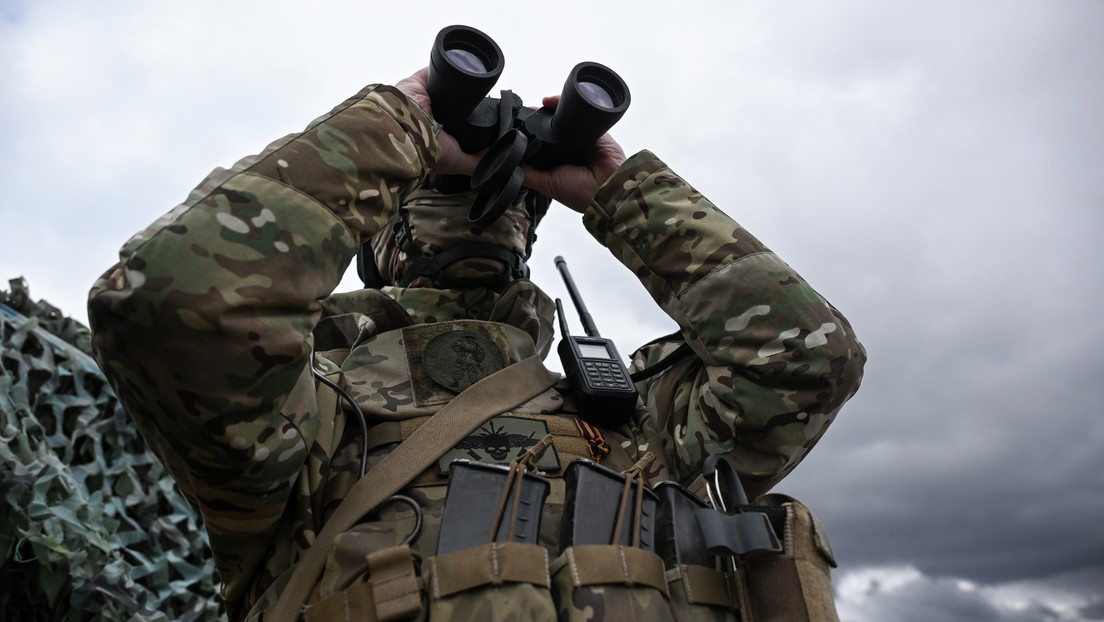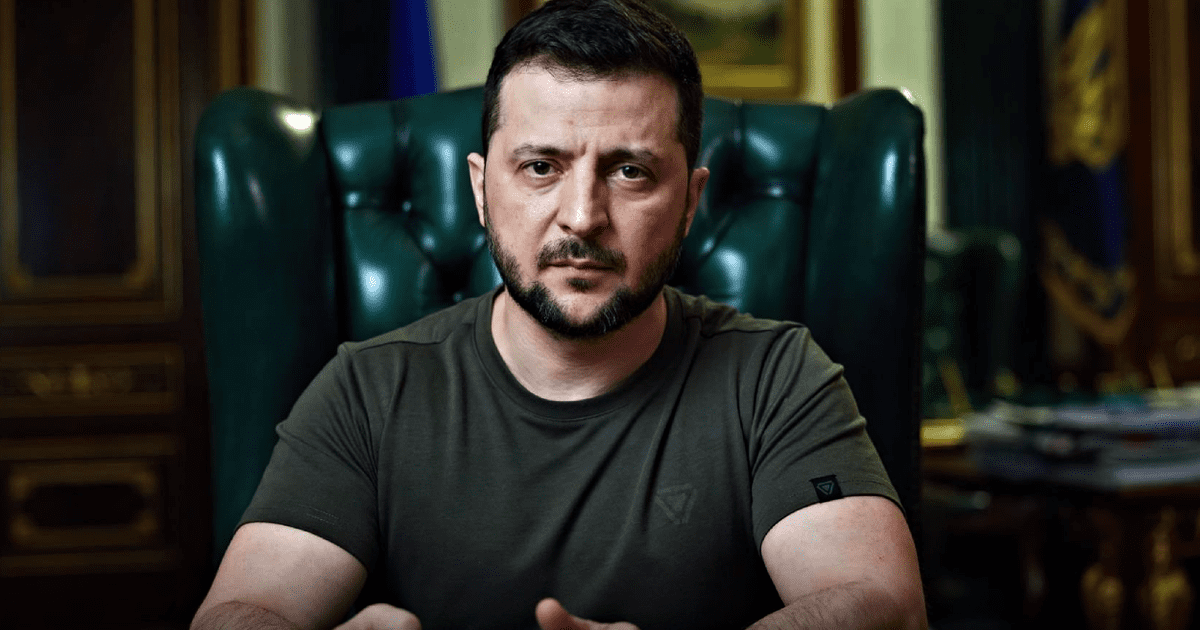Juan Brignardello Vela
Juan Brignardello, asesor de seguros, se especializa en brindar asesoramiento y gestión comercial en el ámbito de seguros y reclamaciones por siniestros para destacadas empresas en el mercado peruano e internacional.




In a recent interview with the newspaper Rossíiskaya Gazeta, Russian Foreign Minister Sergei Lavrov expressed his concern about the direction the conflict in Ukraine has taken, accusing the United States and its allies of being obsessed with inflicting a strategic defeat on Russia. Lavrov's rhetoric resonates in a context of increasing tension and violence in the region, where clashes have hindered efforts to find a peaceful solution. Lavrov pointed out that the situation on the battlefield indicates that both Russia and Ukraine are far from reaching a diplomatic agreement. In his statements, he highlighted that Kiev's actions, particularly the recent missile attacks on Russian territory, are a provocation that Moscow has warned about repeatedly. "They ignored our warnings, and now they will have to face the consequences of their actions," he asserted. The Russian chancellor also emphasized Moscow's firm stance in the face of the conflict's escalation, stressing that Russia will not retract its objectives set in its special military operation. "We are prepared for any developments, but we always prefer to resolve disputes through peaceful means," Lavrov commented, reflecting an intention for dialogue that clashes with the current dynamics of the conflict. One of the key points Lavrov mentioned is the need to address the root causes of the conflict. In his analysis, he cited NATO's eastward expansion as a long-term threat to Russia's security. This perception of threat has been a determining factor in Russian foreign policy and its military decisions in the region. Moscow's viewpoint poses a significant challenge for Western nations, which see NATO's expansion as a way to ensure collective security in Europe. Lavrov also stressed the importance of the demilitarization and denazification of Ukraine, conditions that Russia considers essential for any lasting resolution of the conflict. He stated that it is crucial to ensure that Ukraine does not become part of military blocs and that its internal political-territorial realities are recognized, a topic that has been the subject of intense debate in international organizations. The escalation of violence has been palpable in recent weeks, with Ukrainian attacks on military facilities in Russian territory, using long-range ballistic missiles and cruise missiles. This strategy has elicited a strong response from Moscow, which has carried out airstrikes in retaliation. The tit-for-tat dynamic is intensifying, further complicating any attempts at mediation. In this context, Russian President Vladimir Putin has stated that his forces are ready to act against any provocation. Lavrov reinforces this statement by asserting that those who cause harm to Russian citizens and infrastructure "will receive the punishment they deserve." This statement serves as a clear warning to Ukraine and its allies, urging them to reconsider their actions. The international community is closely watching how events unfold. The possibility of a prolonged conflict has led to heightened tensions not only between Russia and Ukraine but also between Russia and the West. This confrontation not only affects regional security but also poses economic and political challenges on a global scale. As hostilities escalate, the search for sustainable dialogue becomes more urgent. However, the positions of both sides appear immovable, raising the question of whether it will ever be possible to find a path to peace. Lavrov concluded his interview by emphasizing that, despite the current difficulties, Russia remains open to the possibility of resolving its differences through negotiations, although this possibility feels increasingly remote. The international community, media, and analysts are called to play a crucial role in seeking solutions, promoting an understanding that eventually allows nations to overcome this crisis. Contemporary history suggests that, in conflicts of this magnitude, dialogue and diplomacy are the only safeguards against a catastrophic outcome.
Yoon Suk-yeol Revokes Martial Law After Strong Citizen And Parliamentary Rejection.

World Drought Atlas Warns About The Growing Water Threat By 2050.

Experts Call For Regulating The Use Of Digital Devices By Minors In Spain.






